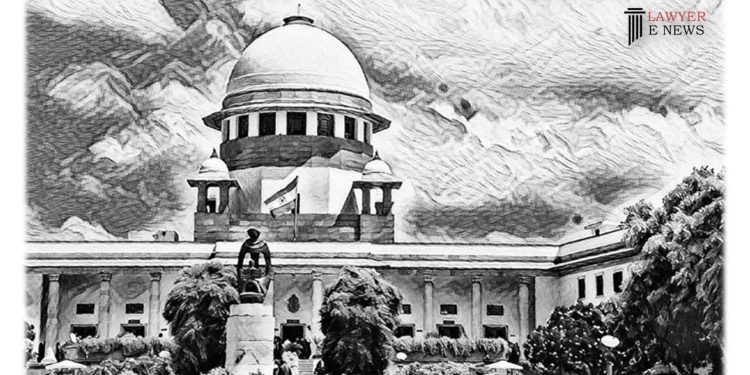-
by Admin
16 February 2026 1:47 PM



In a landmark ruling, the Supreme Court, led by Justice Prashant Kumar Mishra, has reinstated Mr. Chatrapal, a Class-IV employee, emphasizing that “perverse findings cannot dictate an employee’s fate.” The judgment notably overturned the earlier verdict of the High Court of Judicature at Allahabad and the disciplinary action that resulted in Mr. Chatrapal’s dismissal.
The judgment addressed the crucial legal aspect of the integrity and fairness of departmental inquiries against government employees. It scrutinized whether the inquiry against Mr. Chatrapal was conducted in a just manner and if the conclusions drawn were based on rational and factual grounds.
The case originated from a grievance regarding salary discrepancies faced by Mr. Chatrapal after his transfer and subsequent posting as a Process Server in the District of Bareilly. His complaints led to a departmental inquiry, which culminated in his dismissal. The primary charges against him included misconduct for using inappropriate language and failure to follow the proper channels for lodging complaints.
The Supreme Court meticulously analyzed the charges levied against Mr. Chatrapal. The first charge, related to the use of inappropriate language, was found to be based on a misinterpretation of facts, rendering the Inquiry Officer’s conclusions perverse. Regarding the second charge, the Court observed that a Class-IV employee facing financial difficulties should be allowed to approach higher authorities directly, and such actions should not be construed as major misconduct.
The Court emphasized the principles of natural justice and fair play in departmental proceedings, referencing key judgments like ‘Union of India vs. P. Gunasekaran’, which delineate the boundaries of judicial intervention in disciplinary matters.
The apex court, highlighting the procedural irregularities and unjust findings, reinstated Mr. Chatrapal with all consequential benefits. This decision underscores the judiciary’s commitment to ensuring fairness in administrative actions against employees.
Date of Decision: 15th February 2024
CHATRAPAL vs. THE STATE OF UTTAR PRADESH
